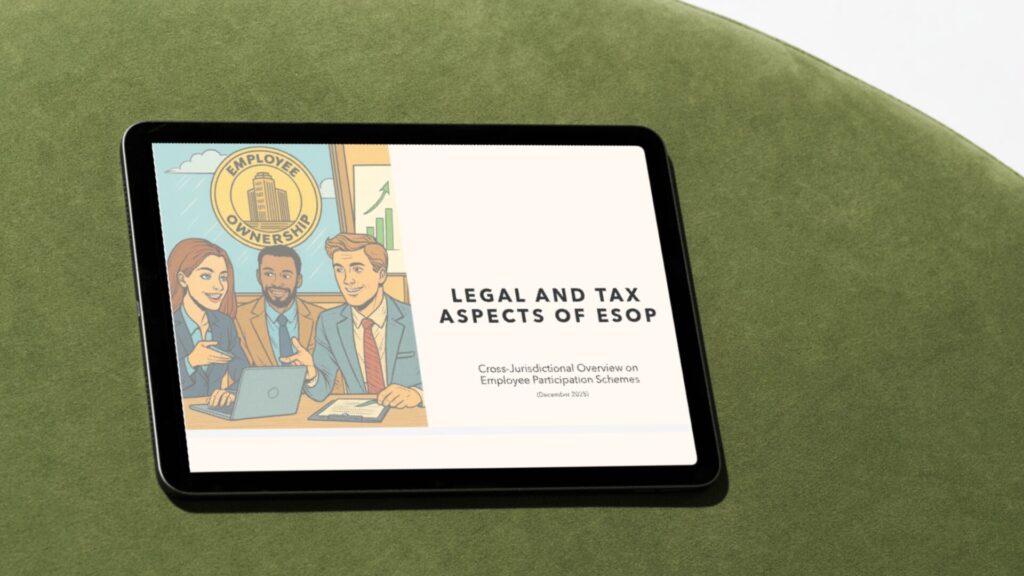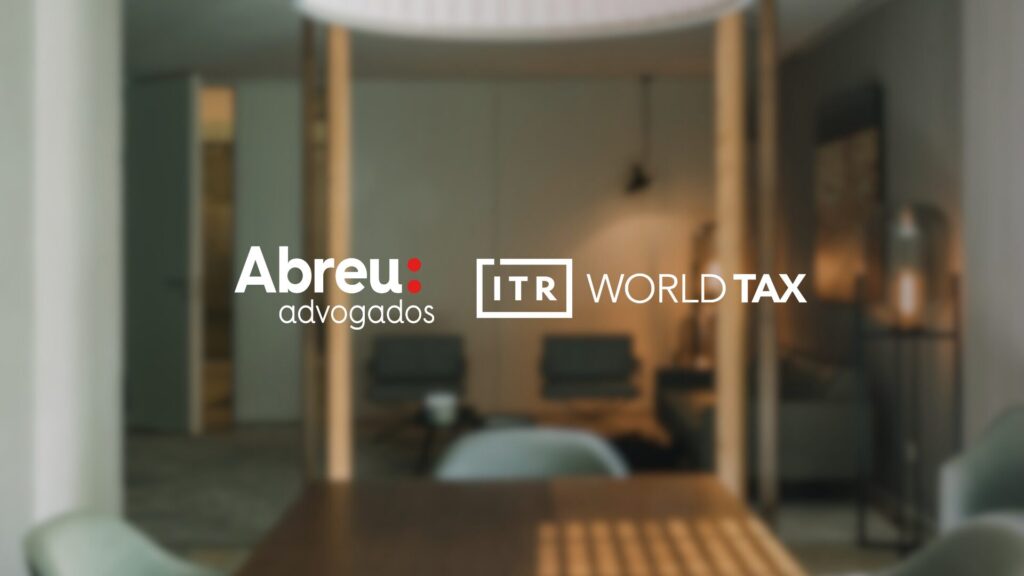Venture Capital Taxation in Portugal: A Nutshell
Regulation and Tax Law: Historical Evolution
The regulation of venture capital in Portugal has evolved significantly, in line with European Union requirements and the dynamics of the national market.
Although the venture capital industry emerged in the late 1980s, its consolidation has been accompanied by the approval of successive legal instruments. Noteworthy in this regard is Law No. 18/2015 of 4 March, which approved the Legal Regime for Venture Capital, Social Entrepreneurship and Specialised Investment. This law transposed Directive 2011/61/EU on alternative investment fund managers into national law and aligned the national regime with the European regulations, allowing national practices to be harmonised with international standards of transparency, reporting, and investor protection.
Subsequently, a structural reform was approved with Decree-Law No. 27/2023 of 28 April, which established the Asset Management Regime. This regime, aimed at simplifying the regulatory structure and harmonising national legislation with European directives on asset management, unified the rules applicable to collective investment undertakings.
Alongside regulatory developments, the tax regime applicable to venture capital has also been subject to adjustments, with the main objective of creating more competitive conditions to attract institutional and private investors, both domestic and foreign.
Initially, venture capital funds, companies, and investors were taxed according to their legal nature, without a specific tax regime. Recognition of the role of venture capital in financing and boosting the economy led to the creation of a more favourable tax framework.
The first significant advance was the equalisation of venture capital companies with holding companies in the then Article 23 of the Tax Benefits Code (EBF), introduced by the 2000 Tax Reform. For about a decade, this treatment was maintained, until Law No. 64-B/2011 of 30 December, which made the regime autonomous in Article 32-A of the EBF, a regime that remains in force, with the exception of the repeal of its first two paragraphs in 2013.
As for venture capital funds, the first specific legislative reference appeared in 2001, with their equivalence to securities investment funds. However, with Law No. 32-B/2002 of 30 December, they were given their own regime in the then Article 22-A of the EBF.
The regime was then substantially reformulated by Law No. 53-A/2006 of 29 December and has since remained in a version close to the current one, with subsequent amendments in 2008, 2014, and, more recently, 2024.
Taxation
Tax regime applicable to venture capital funds and its participants
With regard to the taxation of venture capital funds and their participants, the main tax rules on this matter are contained in the EBF.
In this context, Article 23 of the EBF establishes that alternative investment undertakings for venture capital and credit benefit from an exemption from corporate income tax on income obtained in the course of their activities, regardless of the nature of the income earned (capital income, capital gains, etc.), provided that these undertakings have been set up and are operating under Portuguese law and in accordance with Portuguese Securities Market Commission (CMVM) regulations. This is therefore a general exemption intended to stimulate the venture capital market by attracting capital to the market and shifting taxation to the investor level.
As they are subjectively exempt from corporate income tax, these entities are not, as a rule, covered by the network of double taxation agreements concluded by Portugal.
Under Article 23(2) of the Tax Benefits Code (EBF), income paid or made available to investors in Portuguese venture capital funds, whether through distribution or redemption, is subject to withholding tax at the rate of 10%. The rule does not apply where the income is received by entities exempt from capital gains taxation or by non-resident entities without a permanent establishment in Portugal to which the income may be attributed. However, this exemption does not extend to entities resident in jurisdictions included in the Portuguese blacklist, nor to non-resident entities in which Portuguese residents hold, directly or indirectly, more than 25% of the share capital. The purpose of this restriction is to avoid the use of structures in low-tax jurisdictions for tax avoidance purposes.
The withholding is considered final whenever the recipients are non-resident entities without a permanent establishment in Portugal or resident individuals subject to personal income tax, where the income is obtained outside the scope of a commercial, industrial, or agricultural activity. In the latter case, taxpayers may alternatively elect for aggregation of such income for personal income tax purposes, in which event the withholding is treated as a payment on account.
Where no withholding is due under Article 23(2) of the EBF, beneficiaries are required to demonstrate their entitlement to exemption or their non-resident status to the paying entity by the date on which the withholding would otherwise be made. Proof of non-residence must typically be provided through forms certified by the tax authorities of the relevant jurisdiction. Should such proof not be provided, the management entities, acting as withholding agents, are obliged to remit the tax that should have been withheld, in accordance with the liability rules set out in the relevant tax codes.
Tax regime applicable to venture capital companies and investors
The tax regime applicable to venture capital companies has been amended on several occasions and, at present, corporate income tax is determined in accordance with the general rules of the CIT Code, in the same manner as for other companies operating in Portugal. Article 32-A(3) of the Tax Benefits Code (EBF) nevertheless provides a specific mechanism allowing such companies to deduct from the tax assessed, up to its full amount, an amount corresponding to the total corporate income tax paid in the five financial years preceding that to which the benefit relates, provided that this amount is applied in investments in companies with growth and value-appreciation potential.
With respect to venture capital investors, Article 32-A(5) of the EBF provides that investors who invest through single-member limited liability companies may deduct from their personal income tax an amount corresponding to 20% of the investment made, up to an annual limit of 15% of their total tax liability. Certain exclusions apply, notably the deduction does not cover investments in companies subject to the supervision of the Bank of Portugal or the Insurance and Pension Funds Supervisory Authority.
In light of the foregoing, the tax framework applicable to venture capital companies, funds and business angels in Portugal has been progressively adapted to align with market developments and the broader legal context. It provides a set of specific rules and incentives aimed at facilitating investment in businesses with growth potential, while ensuring consistency with the general system of corporate and personal income taxation. The result is a framework that is both specialised and integrated, reflecting the dual objective of promoting access to finance and maintaining coherence within the overall tax regime.








































